This is where we feature all of the digital compilations of pictures sent in from our readers across the whole world wide web and beyond. If you are interested in submitting your story to us send an email to catzie@laosinthehouse.com. Please include your full name (and how you'd like your name to be displayed), along with an image and a brief description identifying who is in the picture, when and where it took place (if applicable) as well as what's going on.
Some stories may be edited for length and clarity.
This is my newborn baci and parents send off in 1980 at Nongkhai Refugee camp, in Thailand where I was born. I was less than 6 weeks old. Taken at such a transitional stage in life, this is one of my favorite photos of my mom. She was pregnant with me when parents crossed the Mekong river, I can’t forget to mention that she didn’t know how to swim either.
My mom was around 22 years old at the time, she didn’t have any idea what would happen to her, where she would end up going or the fact, that she wouldn’t see her family again for a decade. She ultimately arrived safely at the refugee camp, sneaking into some side entrance – barely making it pass the guards who were arresting another large group of people at the front gate...
One of the most powerful exchanges I've ever had with my mom, was recounting her experience of escaping Laos: It was during Lao New Year in 1980, for some reason, Laos and Thailand had a shared celebration that year, which allowed people to move freely between the two countries. She went to the last day of the celebration with her mother. As she was about to leave, she saw a friend who seemed to be in rush, and asked her where she was going – her friend was going to cross the border to Thailand to go to the refugee camp there...
These are photos of our late mother taken two years apart from Thanksgiving. 2010 was our last Thanksgiving dinner with mom before she passed away on June 06 2011 from cancer. Everything we learn about food came from her. We are thankful to be born as her sons and we will continue to carry on her love of cooking through Ma Der Food Co.
“One of my favorite memories of Thanksgiving at my house would be a whole weekend’s worth of food. We’d start on Thursday with traditional American dishes and by Friday my mom would turn the leftovers into Lao dishes like turkey laap, but turkey pho was always my favorite.
1985. The year we became American Citizens. We were given two American flags that had been flown over the United States Capitol - one for my Dad and Mom. We flew it on our front porch during 4th of July. When I was in high school, it got stolen by a bunch of college students, we knew this because we walked around the neighborhood looking for it and there it was, hanging on one of the campus houses. It made me so angry and I wanted so badly to go get our flag back, but my parents didn't want to confront and make a scene. To this day...
I came from Laos with my family back in 1981. I already had the skill of being a hairstylist back in Laos, so my older brother, who had been in America before me, was spreading the news of my talent throughout the Lao community here. Once my family and I landed in Philadelphia, with the sound of the airplane's engine still buzzing in my head, I was dragged into the house to cut everyone's hair. They paid me $10 each, which was a lot back in those days!
This picture was taken in 1982 by my mom on one of those rectangular 2x5 cameras. My dad was about 30 yrs old and they had just been in the States for 2 years, in Elmira, NY. This was in Horseheads, NY in the front yard of our sponsors. My dad was practicing playing kataw with his younger brother and his other Lao friend. He's always been very athletic and enjoyed sports. He played volleyball and of course kataw back in Luang Prabang. He was practicing his jumping when he tried to jump over the net, which is a little over 5 feet high. Pops had crazyyy hops. His jumping ability was legendary in our neighborhood. He jokes that my mom was attracted to him because of his legs.
Thirty five years ago this week, the Phongphachones (actually Phengsomphone) arrived in America. One of our first picture here. My parents and 4 siblings (the tall guy was a church volunteer and lady in the middle was a family friend). Our first place was a small one bedroom apartment at 12th and Lindley Avenue in Philadelphia. None of us spoke any English, and our family was given about $200 and a case of noodles to start our new life in this new world. Though many things have changed throughout the years, America will always continue to be the land of opportunity
I only have one photo with my grandfather. He is the man standing behind me wearing a blue shirt; I'm the little girl with faux pigtails. My grandfather and grandmother did not leave Laos. They stayed behind. After what seems to be an eternity of boat rides and safe houses my family and I finally arrived at Napho Refugee Camp in Thailand and settled into our “new home”. A few months into our stay I was awaken from my sleep one night. Many attempts were made to see who had waken me at this hour; no one around… or so I thought. Suddenly something caught my attention, there at our front door was my grandfather. His somber expression brought great sadness, so real the image forever etched into my memory bank. Alarmed by my experience I woke my father, who was unable to see what I had just witnessed at age of five. Shortly after my experience, our family learned of my grandfather’s passing.
Of all the Lao New Years I will ever get to celebrate, the best one by far happened in 2009 - when my daughter was born. Of the three days our New Year takes place, it was the 2nd day, the day in between old and new, the "day of no day", the day of rest, that I went into labor. Coincidental holiday born date aside, I knew her birth was a special blessing because there were no other babies born in my hospital that day. And while there are many words, rituals and traditions of culture to teach her still, she will always win Lao New Year Princess no matter old she gets.
One of our host families, we called Mr. and Mrs. D for short, with the inflection of dee, which in Lao, means good. Can’t really say enough about them and their kindness and generosity, people who sponsored and supported a family they’d never met before, and definitely took a gamble on how we would turn out. We spent so many good days and summers there, at their house in front of the lake. Mrs. D would call me her “Monday Grandson,” as she would take me to the local art center and restaurants while my mother was taking weaving classes or at the hospital. Somewhat embarassing but true, she can still recall the difficulty of showing me as a little boy how to use the toilet, and not always sit Indian style everywhere.
Your mother will slap you because out of frustration you’ll yell, “Why can’t you just learn English?” So what. You’re supposed to act as translator at the welfare office. At the grocery stores. At your parent-teacher conferences. This is why they’ll raise you bi-lingual in this strange country.
I’m Thai & Laotian, my family immigrated here when I was only 6 months old. I’m an American at heart, but all my life I’ve always wanted to know more about our culture. Like most of us here who grew up in the States we start to lose that piece of our heritage. That piece, language, that connects us with our elders, our past.
When we have a spirit-calling ceremony called hu plig or when we have an ua neeb—I’m still not sure what the English translation on this is—my father feeds his parents. He sits at the kitchen table with a bowl of rice, a bowl of boiled chicken, and an empty plate. As though my grandparents are here and not on The Other Side, he scoops a spoonful of rice, tears off a piece of chicken, and pours some broth onto the plate. He repeats this, uttering words underneath his breath. How does he know how to do this? What are the words he utters? He has not taught any of us this ritual, and I wonder: Who will feed him when he is gone?
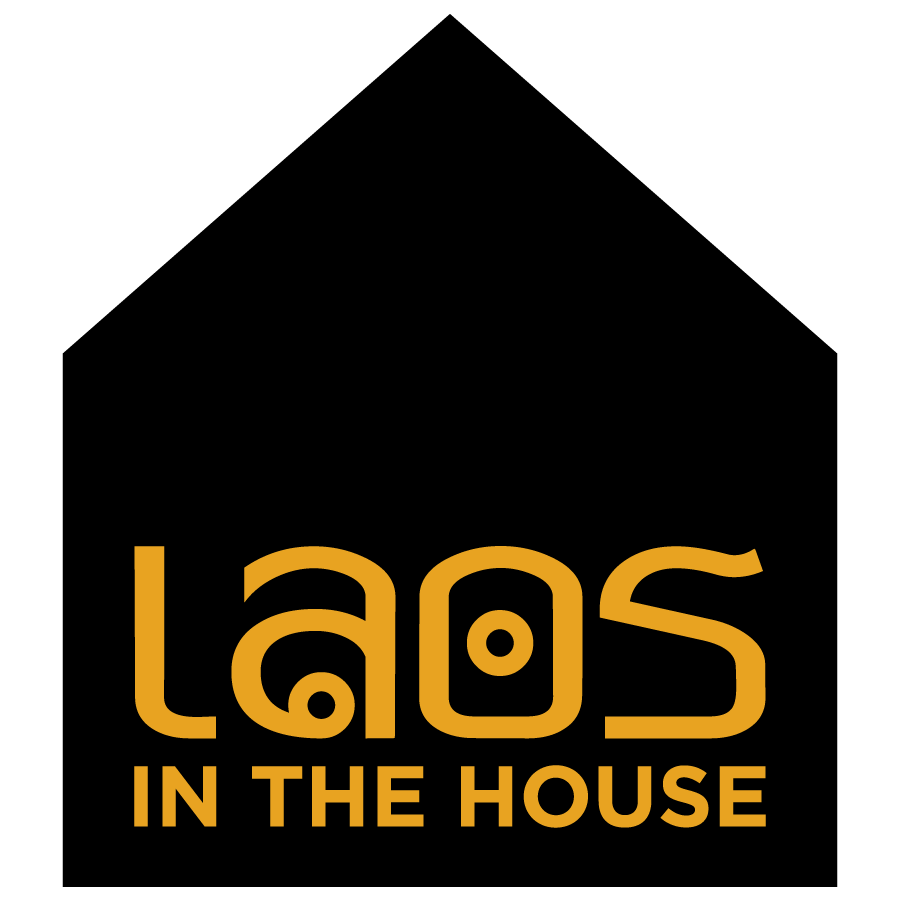

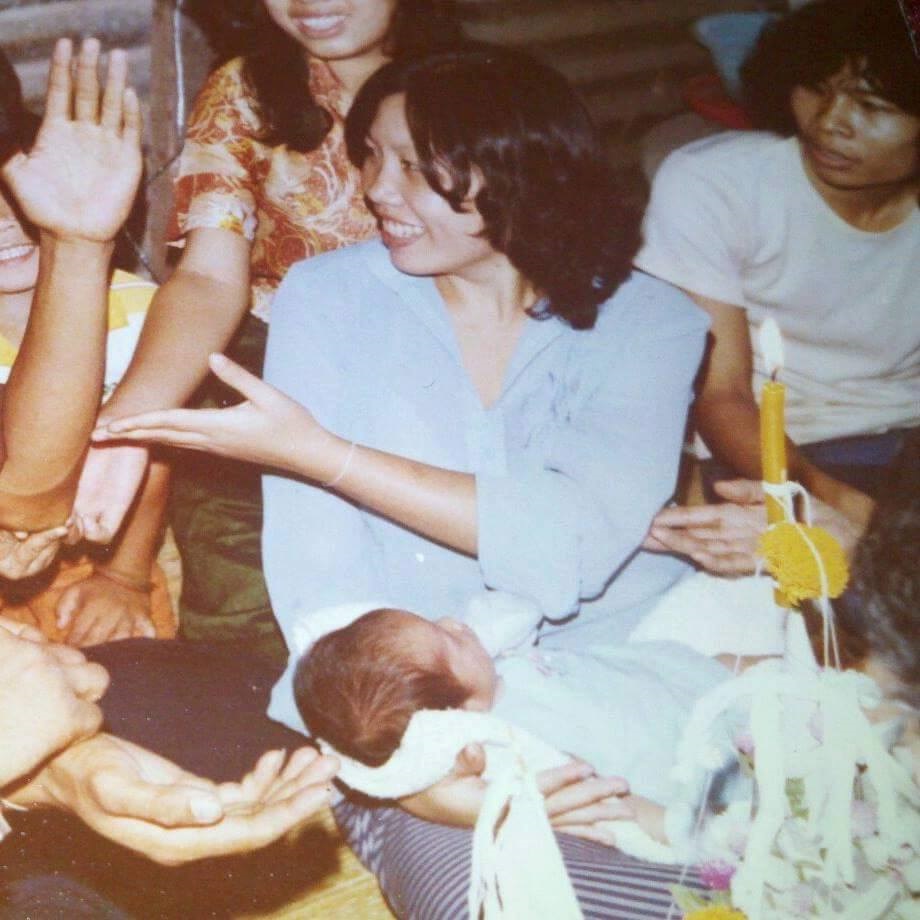


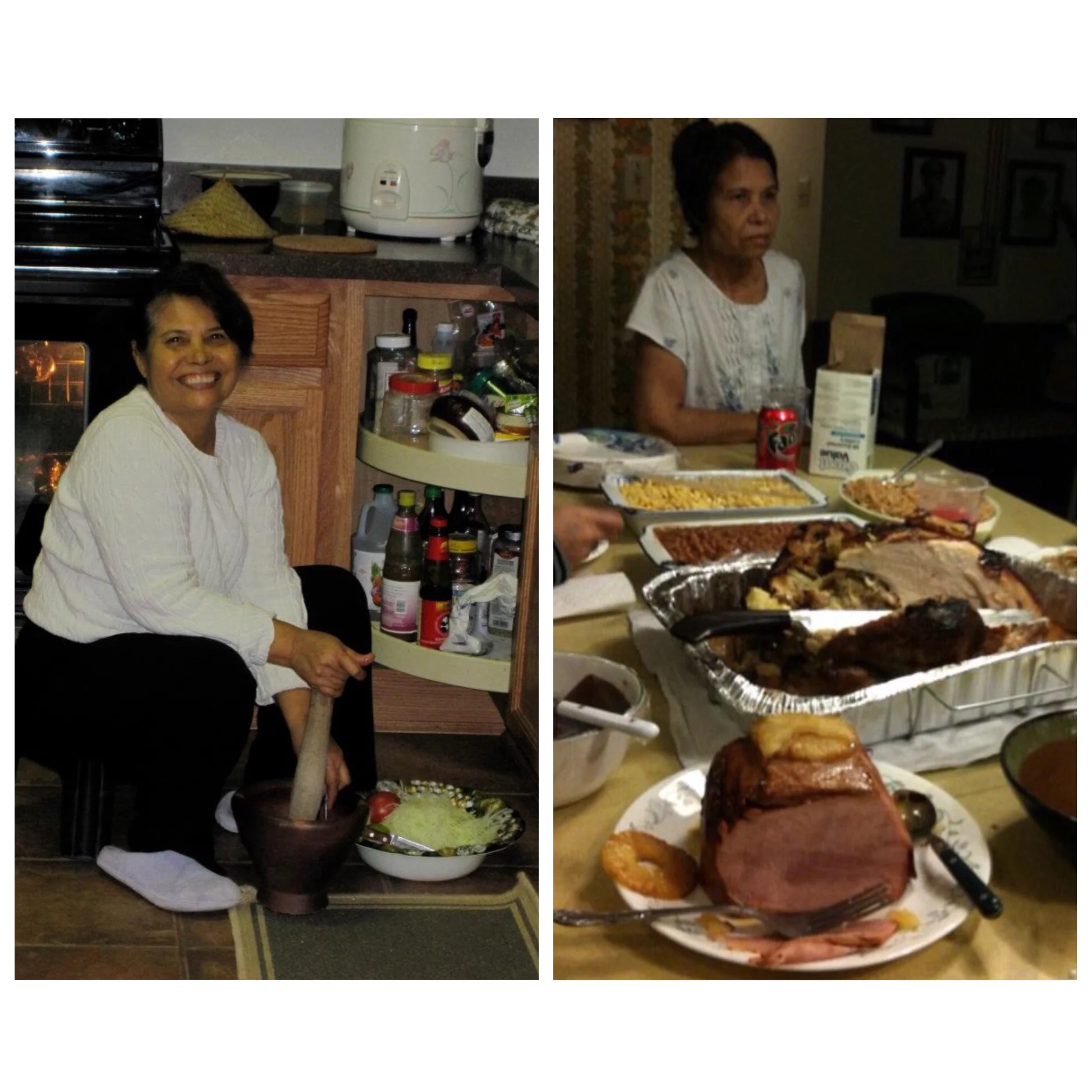



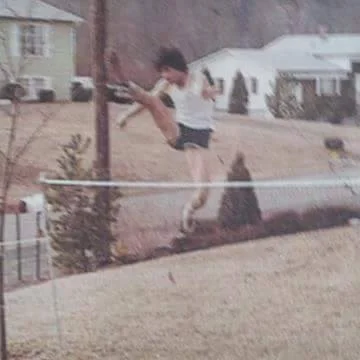


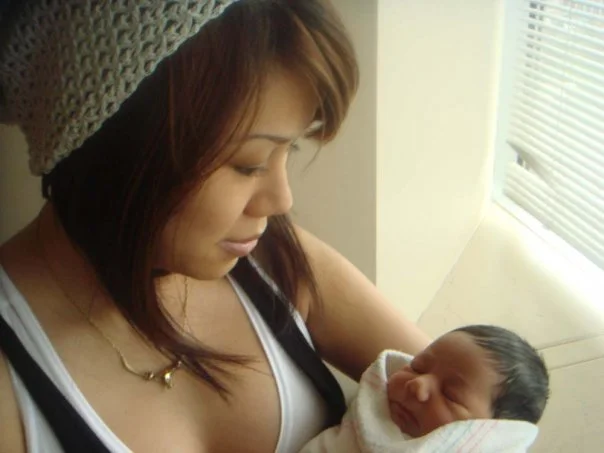




Being raised banh nawk and being raised in Wisconsin - synonymously, Lao farming and WI agriculture - growing up in my parents kitchen, helping them butcher and prepare food that we raised and foraged ourselves, I was fascinated with the idea of living off the land ever since I was a kid. A food memory that is cemented with me is the picture of our family in the refugee camp. Stories on end about my parents creating dishes with so little resources and considering that "soul food". Lao culture taught me that...